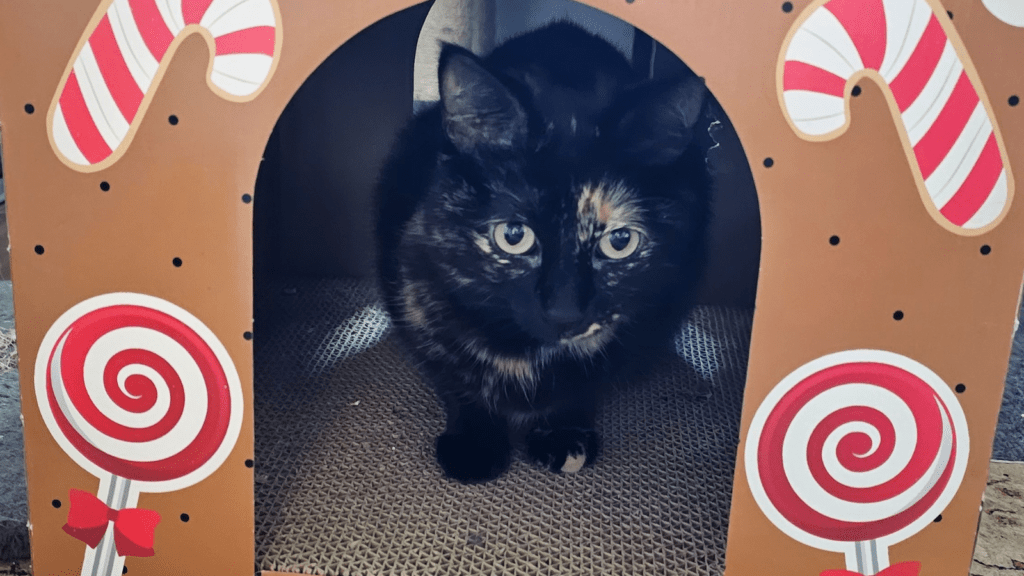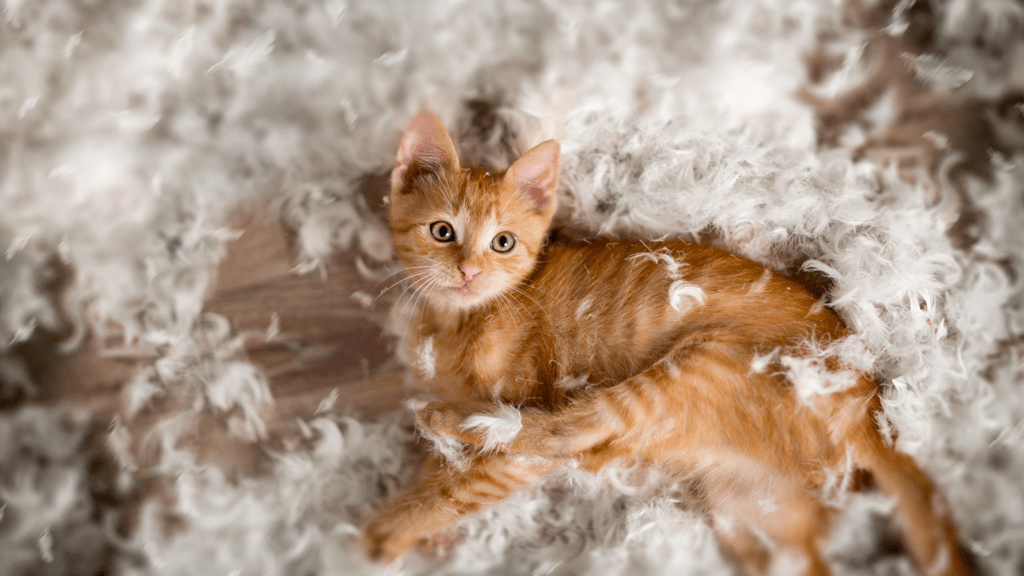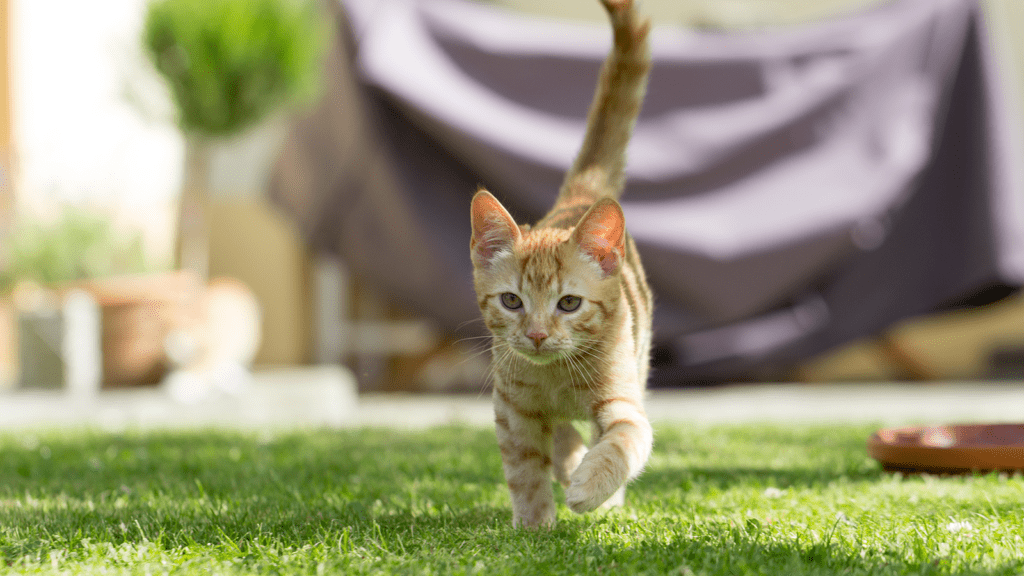
What Is Cat Bunting?
When it comes to feline behavior, cats can communicate in various ways, and one intriguing behavior that they often display is cat bunting. Cat bunting is when your cat headbutts you or rubs against objects and people, and it serves as a unique form of cat communication.
If you’ve ever wondered why your cat rubs against your legs or gently bumps their head against your hand, then you’ve witnessed the adorable head-bunting behavior firsthand. Understanding cat bunting can provide valuable insights into your furry friend’s emotions and can help strengthen the bond between you, your cat, and other pets.
Cat head bunting is a sign of affection and trust from your animal companion. By head-butting and rubbing against you, cats are expressing their love and forming a deeper emotional connection with you. It’s their way of offering a huge compliment or saying, “You’re part of my family.”
But cat headbutting isn’t just about displaying affection. It also has a territorial aspect to it. When cats rub against objects or people, they leave behind their scent and smell, utilizing the scent glands located on their cheeks, chin, and paw pads. The head bunt scent serves as a way for cats to mark their territory and communicate with other cats, dogs, or animals, signaling their presence and establishing familiarity within their surroundings.
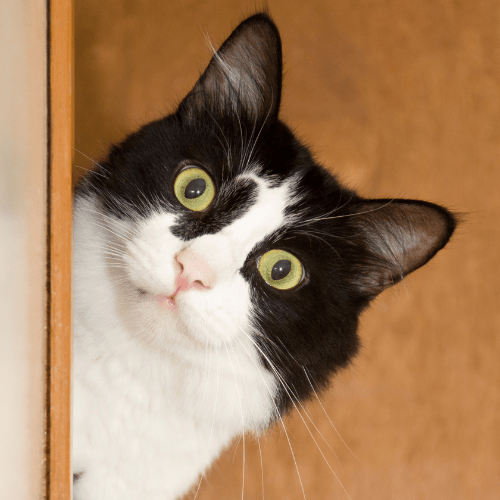
To further understand why cats headbutt, including bunting, it’s essential to recognize the significance of body language and grooming behavior. Cats have their own secret language, and cat bunting is a prominent part of it.
Cat Bunting Behavior
Cat bunting is a fascinating behavior that is an important part of feline communication. When cats head butt or rub against objects and people, they are actually leaving behind their scent, which serves as a way for them to communicate with other cats and humans.
This form of interaction allows cats to convey their presence, claim ownership, and establish a sense of familiarity and security in their environment. Cat bunting is not only a form of communication but also a way for cats to express affection and build trust with their owners.
Head rubbing is often a sign of affection and trust. Through these behaviors, cats release pheromones that can evoke feelings of comfort and security. Cat bunting can also be a way for cats to seek attention and form a deeper emotional bond with their human companions.
Cat Bunting and Feline Communication
A dominant cat can convey messages about their presence, social hierarchy, and boundaries to other cats and even humans by head pressing their colony scent through their forehead. Cats establish a sense of connection and belonging within their environment through this tactile and olfactory communication.
The Emotional Bond Behind Head Butting and Rubbing
Head butting and rubbing serve as forms of communication and play a crucial role in building emotional bonds between cats and their owners. When a cat head butts their owner, it is a sign of trust, affection, and acceptance. By reciprocating these gestures of love and care, owners can deepen their emotional bond and create a loving relationship with their feline companions.
The Secret Language of Cat Rubbing and Scent Marking
When your cat rubs against your leg or furniture, it may seem like a simple act of affection. However, cat rubbing is more than just a display of love—it is also a huge compliment and a sign your cats prefer you. You may also see their tail in a relaxed and loving position while they are bonking you. Watch your cute kitty closely while they are bunting you or the wall during a greeting to see if it’s a sign of self-soothing.
Scent-Soaked Bonks From Cats
Have you ever noticed your cat headbutts objects or even your face? These “scent-soaked bonks” are not just random acts of playfulness; they serve a purpose. By rubbing their scent glands, located in their cheeks, chin, and paws, against various surfaces, cats leave behind their unique scent. The cat headbutt is a way for cats to mark their territory and communicate with other cats.
How Cats Use Scent Glands to Lay Claim on Their Territory
Cats use their scent glands to establish boundaries and lay claim to their territory. When a more dominant cat rubs against objects or surfaces, they leave their scent behind, effectively signaling to other cats that the area has already been claimed. These scent cues provide valuable information about the presence and social status of the rubbing cat. It’s a way for cats to maintain social order and communicate with more cats within their feline community.
By understanding how cats use scent glands and engage in territorial marking, you can create a suitable environment that respects their natural behavior. Providing ample scratching posts and vertical spaces where cats can leave their scent can help satisfy their instinctual need to mark territory. This understanding not only enhances your cat’s overall well-being but also strengthens the bond between you and your feline companion.
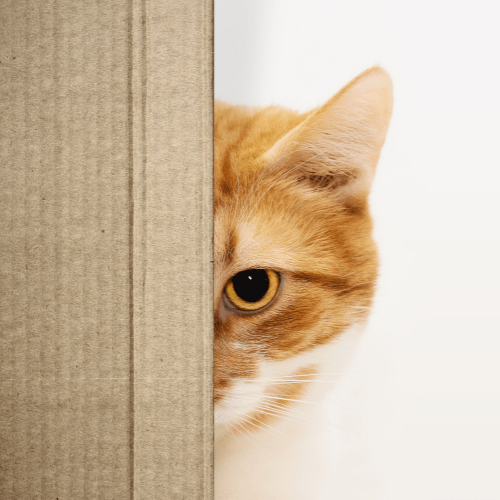
Why Does My Cat Head Butt Me?
Cats have their unique ways of expressing love and affection towards their owners. One common behavior that many cat owners experience is head butting. But why does your furry friend head-butt you?
Head butting, also known as bunting, is a feline behavior that serves multiple purposes. When your cat head butts you, it is their way of showing trust, bonding with you, and asserting their social hierarchy. They may also head butt you to seek attention, mark you as part of their territory, or simply to greet you and share their scent.
How To Respond To Your Cat’s Headbutt
Understanding the reasons behind your cat’s headbutt can guide you in responding appropriately and strengthening the bond between you and your feline companion. When your cat head butts you, it is crucial to respond positively and reciprocate the affection.
Gently petting your cat, giving chin scratches, and talking to them in a soft and reassuring tone can reinforce the bond between you and make your cat feel loved and appreciated. It is important to avoid pushing away or ignoring your cat’s head-butting gestures, as it may confuse or upset them. Each cat is unique, so it is essential to observe their body language and preferences to ensure a positive response to their head-butting behavior.
You don’t need to be an animal behavior expert, practice veterinary medicine, or read peer-reviewed studies to see that cat head bunting is adorable. Give your loving kitty some treats and return the love with pets and kisses!

